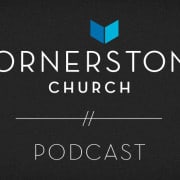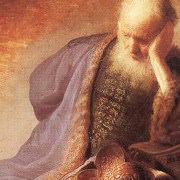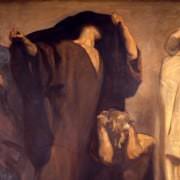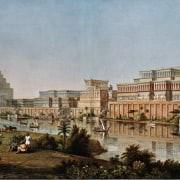Fifty years has elapsed since the prophecy of Nahum. Zephaniah was most likely a prince in the house of Judah, being a descendant of Hezekiah. He lived during the reign of Josiah, a good king after two idol worshipping kings had followed Hezekiah. When king Josiah (only eight years old) took the throne the situation in Judah could not have been worse. Social injustice, moral corruption, and spiritual suicide pervaded idolatrous Judah. The words of Zephaniah must have really encouraged Josiah who would become one of the most loved of Judah’s kings.
At the beginning of his reign, Hilkiah the Priest guided Josiah and tended to keep the status quo. Then Josiah came under the influence of Zephaniah. At 16 he destroyed the altars in Jerusalem. At 20 he destroyed pagan altars throughout Judah. At 28 he began to rebuild the (by now) decrepit-looking temple of God. While cleaning the temple they discovered the Law of Moses and were shocked when they read what was inside. He ordered the Law to be read and obeyed in the whole land. But the people never really changed from the heart. Josiah is unfortunately killed in battle and the people don’t heed the message.
Almost every time in the Old Testament, when the day of the Lord is mentioned, it refers to a period of time. When numbers are mentioned before the day it may refer to 24-hours. The ‘day of the Lord’ is a time of the Lord’s special working. Through Zephaniah God is warning Judah that a time is coming when God will act in judgement and special power to rid them of idols, taking them into captivity.
Zephaniah introduces three important concepts (see if you can spot them). Firstly he shows us that a faithful remnant of people will return from captivity. Secondly the salvation and conversion of non-Israelites. And thirdly that one-day people will be able to worship God anywhere and not only in Jerusalem.
Terms that could trip you up
Milcom – also Molech. A netherworld god whose rituals were similar to Canaanite origins focussing on dead ancestors. Child sacrifice was a big part of Molech worship.
Threshold – a single stone that spanned the doorway and was slightly raised compared to the floor. It seems there were Near Eastern superstitions about stepping on the threshold somehow allowing demons that haunted the entrance to come in.
Second Quarter – the walls built by Hezekiah along the Western hills of the city of Jerusalem (2 Chron. 32:5)
The Mortar – a district in the city of Jerusalem called upon to repent. Mortar was the Market district.
Gaza and Ashkelon – Philistine cities in the late seventh century.
Cushites – the Ethiopians. It is unclear why they are denounced.






